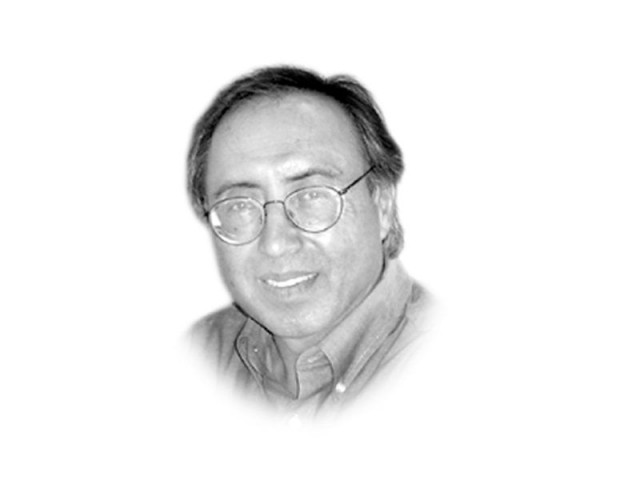Politics without change—in the Seraiki regions
The political landscape of the Seraiki regions has remained stagnant for decades

The writer is a professor of political science at LUMS, Lahore. His recent book is Imagining Pakistan: Modernism, State and the Politics of Islamic Revival (Lexington Books, 2017)
The political landscape of the Seraiki regions has remained stagnant for decades because the alternative leadership has yet to emerge either from the political party ranks or independently from an independent social and economic base. A few solitary examples of localised electoral success on the platform of religious parties or on account of one’s personal standing among the constituents don’t make any pattern of political change. From district to district and constituency to constituency, whether national or provincial, the traditional, dynastic political families dominate the electoral process. The case of Sindh, Balochistan, K-P or even rural Punjab in general is no different.
The only change is the number of candidates running in the elections from each constituency, which is much larger compared to any general elections in the past. The members of the new, emerging social class of entrepreneurs wish to seek their recognition as political workers, leaders and future candidates to be considered by the major political parties. Even an assuredly failed attempt at running for elections gives some pride to the caste, tribe and biradari as a social signifier for fielding, supporting and voting for its own candidate. This process also solidifies voting blocs as bargain chips for jobs or positions for local government offices.
There are a number of reasons for political stagnation of the Seraiki regions, but I will just mention two. First is the social dominance of the land-owning elites since the colonial times. Among every asset and element of power among the agrarian communities of Pakistan, land is the biggest and the most effective one for holding an exalted social position. The families in the Punjab that lost out land because of urban migration and its conversion to other kinds of sources of wealth have also lost out on social prestige and political standing in the areas where they had eminent position. Traditionally, in the canal-colonised regions of Punjab and Sindh, politics has remained the exclusive domain of the land-owning gentry, with very few exceptions where the challengers have used sectarianism or religious sentiments with some success, like in Jhang.
The second important reason is that the political parties haven’t taken roots yet among the rural populations. The rural folks, at this stage of political development, don’t seem to be changing their local loyalties with political party identities. It is true that the vote bank of the parties is increasing, but it has yet to reach a level where an ordinary worker can get elected merely by waving the party flag.
The election-game in the Seraiki regions remains a game of political throne among the traditional members of the Seraiki nobility. The real contest is among their ranks. The 2018 elections, like the ones in the past, will reconfirm the political status of the old class, occupying seats in the assemblies.
Yes, there is one remarkable change in the Seraiki regions this time around; an overwhelming number of the Seraiki elites has jumped the ship of the PML-N and joined, lock, stock and barrel the PTI. Political ‘pragmatism’ has always been the top-line of the rule book of the elites — principles for others.
Published in The Express Tribune, July 18th, 2018.
Like Opinion & Editorial on Facebook, follow @ETOpEd on Twitter to receive all updates on all our daily pieces.














COMMENTS
Comments are moderated and generally will be posted if they are on-topic and not abusive.
For more information, please see our Comments FAQ